This year I was privileged to judge the Barbara Jefferis Award, together with Margaret Barbalet and Georgia Blain. Actually, the award was for two years, 2013 and 2014. There were 72 entries from 32 publishers, plus a small number of self-published novels.
Here is our shortlist:
Amy Espeseth: Sufficient Grace (Scribe)
Tracy Farr: The Life and Loves of Lena Gaunt (Fremantle Press)
Jacinta Halloran: Pilgrimage (Scribe)
Margo Lanagan: Sea Hearts (Allen & Unwin)
Fiona McFarlane: The Night Guest (Penguin Books)
Margaret Merrilees: The First Week (Wakefield Press)
Drusilla Modjeska: The Mountain (Vintage Books)
A further novel was highly commended: Laura Buzo: Holier Than Thou (Allen & Unwin)
Barbara Jefferis was a feminist, a founding member of the Australian Society of Authors and its first woman president. (See my earlier post about her and the award.)
Judging the award was a lot of fun, but hard, because there were many sparkling contenders. One thing that stands out for me about our shortlist is that the books on it couldn’t be more different – apart from the quality of the writing, of course.
The Mountain is an ambitious, panoramic novel spanning the years since Papua New Guinea gained independence, while The First Week, as its title suggests, takes place over only a few days, with a small cast of characters. Sea Hearts is a fantasy novel, and The Night Guest rubs shoulders with the surreal. Jacinta Halloran explores ethical and emotional dilemmas within a realist framework, as does Tracy Farr.
By referring to genre categories, I don’t want in any way to diminish the originality of the shortlisted books, but to point out their diversity.
Another interesting point to note is that, out of seven shortlisted titles, four were published by small (or small to medium-sized) publishers, although by far the greatest number of entries were submitted by the ‘big names’ – Penguin, Random House, Allen& Unwin and so on. In making our selection, we didn’t discuss publishers at all, and it’s only now, in writing this post, that the comparison has occurred to me.
I’ll have more to say about the shortlist, but I wanted to end this post on a personal note. The award entries I’ve been reading and thinking about over the last two and a half months are associated for me with the places I read them. I live near the sea and often sat with a favourite view of Port Phillip Heads and two or three novels beside me. At other times the wind was cold, and I found a sheltered spot by the mouth of the Barwon River.
Then, as my friends who read this blog will know, my mother became ill. (She died on July 30.) I took books to the hospital to read. I couldn’t stand staring at the walls, and it didn’t seem to be any kind of insult to my mother, who loved reading and had considerable success herself, with poetry and short stories. It’s a strange kind of accident, I suppose, but some of the entries – I won’t name them – will be forever linked for me with wards and nurses and a morphine drip.
Thanks for your comment, WG. And congratulations on a terrific post about Oz Lit on ‘Bookertalk’. It is an achievement to make a shortlist like this, with such a strong field of contenders.
Hi Dorothy,
the Tracey Farr sounds intriguing. Am I right in thinking that only women writers are eligible?
Thanks for your comment, Joan. In answer to your question, both male and female writers are eligible. And yes, ‘The Life And Loves Of Lena Gaunt’ is an intriguing novel. I had not heard of Tracy Farr before, and note, as I mention in my post that hers is one of the books published by a small (or small to medium) publisher. I’ve been thinking about this, and recalling a discussion on Whispering Gums about who is publishing the most interesting work – in Australia in particular. One delightful aspect of Farr’s novel is her protagonist’s life-long relationship with the theremin – a most unusual musical instrument!
[…] of the judges, Dorothy Johnston, has written about the judging process here, and pointed out […]
How interesting, then, that all shortlisted are women, and I looked back and found the last 5 winners have been women. I wonder what that says?
Oh dear, Joan, that’s a prickly one! The issue of the writer’s gender didn’t come up at all during our judges’ meeting.
No,,of course not. I was more interested in what it says about men;s interest in or ability to, depict women “in a positive way:”!
Ah yes, this is one of those perennially interesting topics – the same goes for the ability of female writers to depict complex male characters. There weren’t many male writers who submitted entries to the Barbara Jefferis, or whose publishers submitted on their behalf, so judging the award didn’t throw much light on the topic for me. Flaubert’s usually held up as a example – though Madame Bovary and ‘positive way’ are perhaps not an easy fit. What about George Gissing? He’s definitely a contender.
-
I haven’t read Gissing. Should I? I did think of Matthew Thomas’ “We are not ourselves” which we’ve recently posted about, and some may say Colm Toibin’s “Brooklyn”, though I didn’t like it much. And what about Old Henry James and “Portrait of a Lady”, or “What Maisie Knew”? Of course, his successful women are generally pretty nasty…
October 14, 2014 — 23:37
George Gissing is a must, especially ‘New Grub Street’ and ‘The Odd Woman’. I was thinking of Henry James as well, but I agree with you about the nasty aspect. Good to interpret ‘positive light’ in as wide a sense as possible, I think.
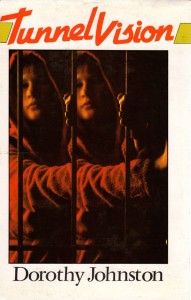
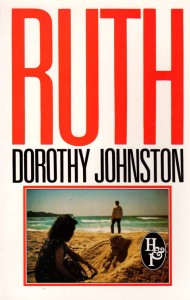
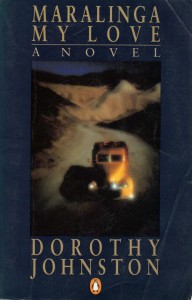
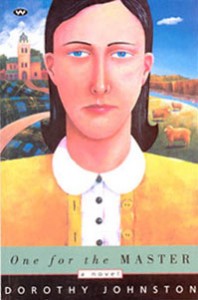
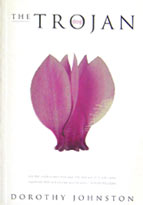
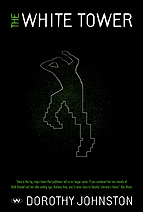
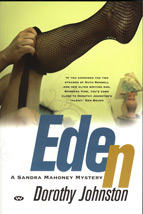
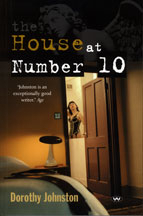
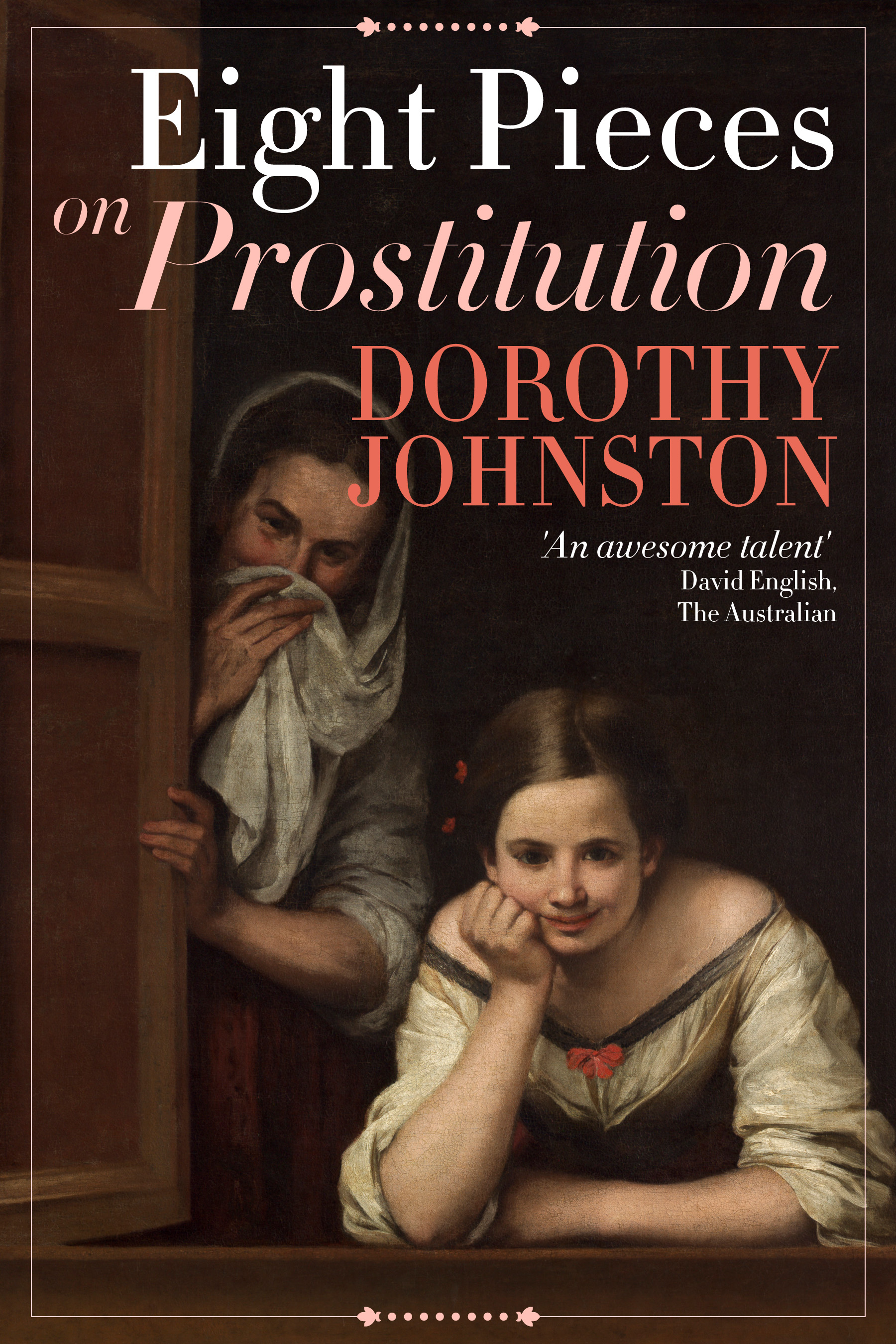
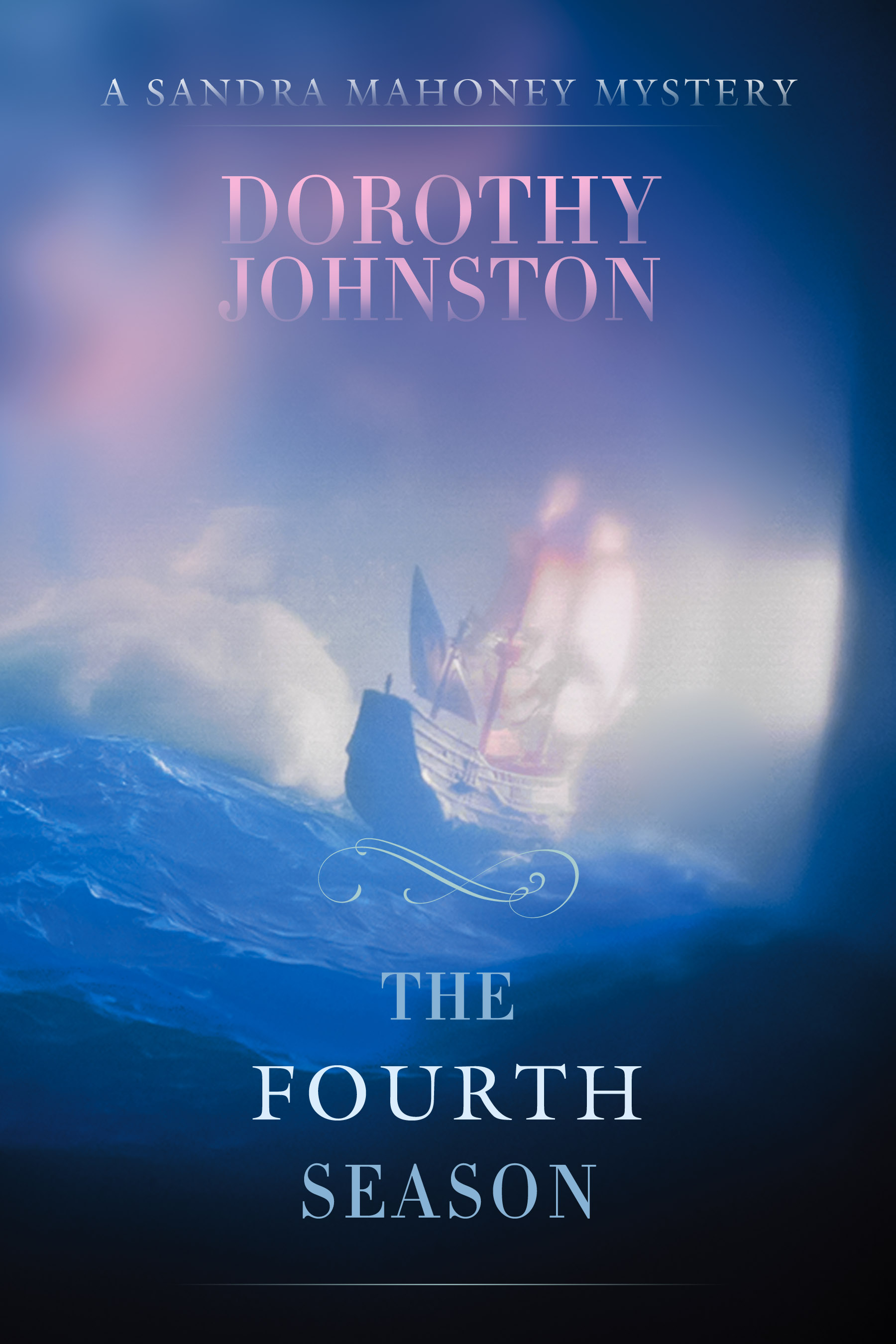
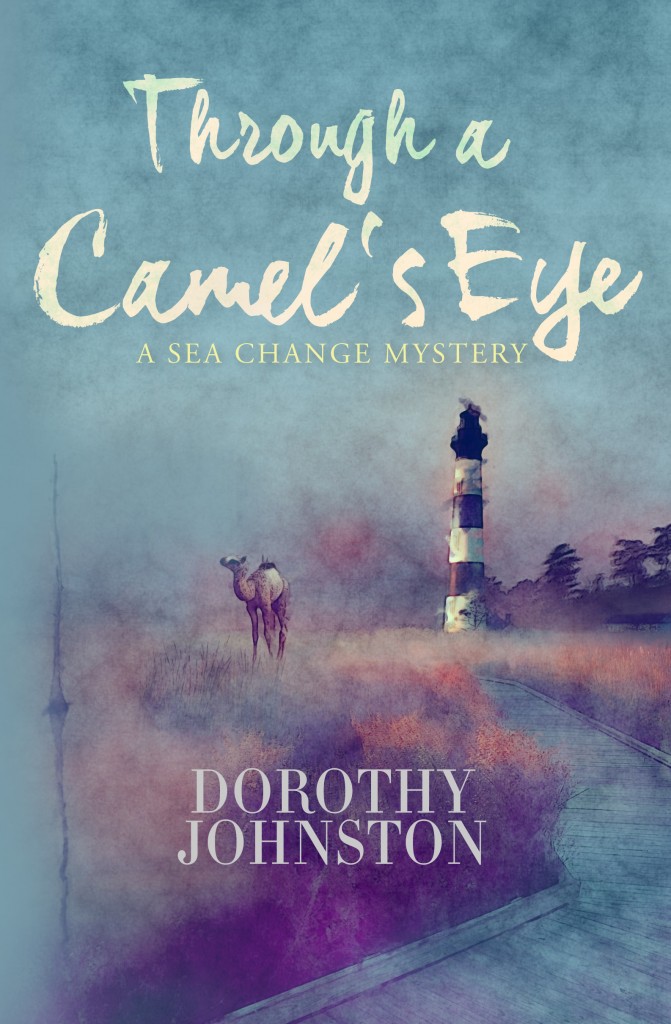
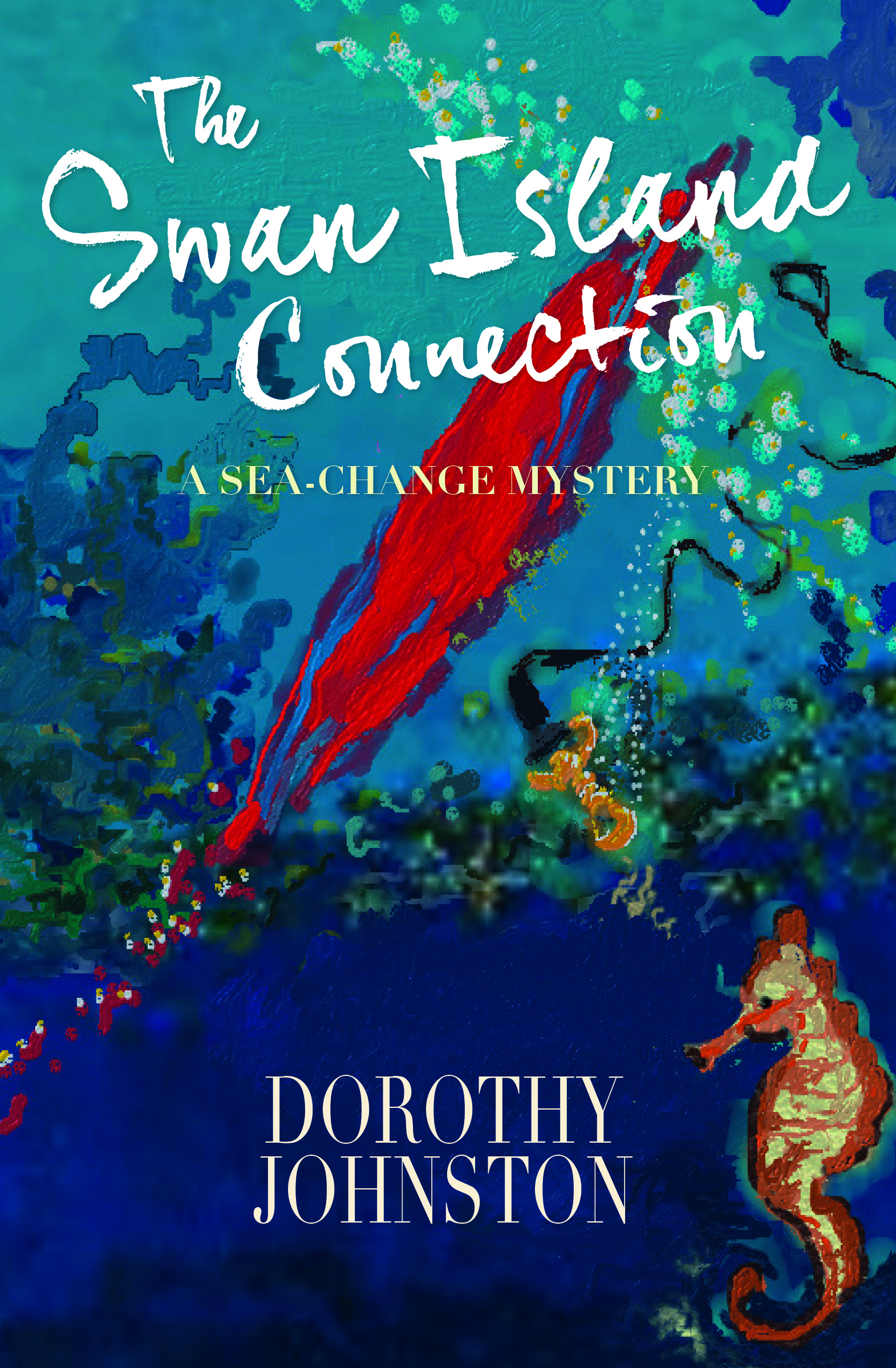
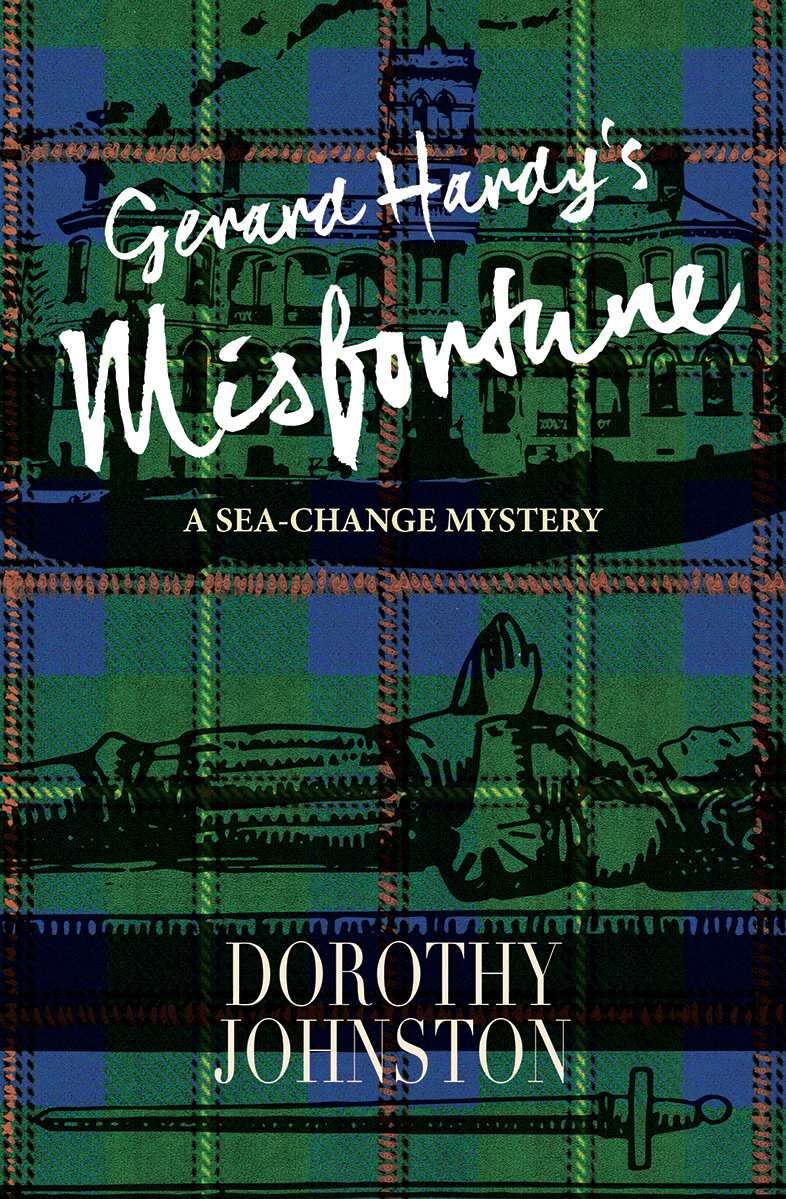
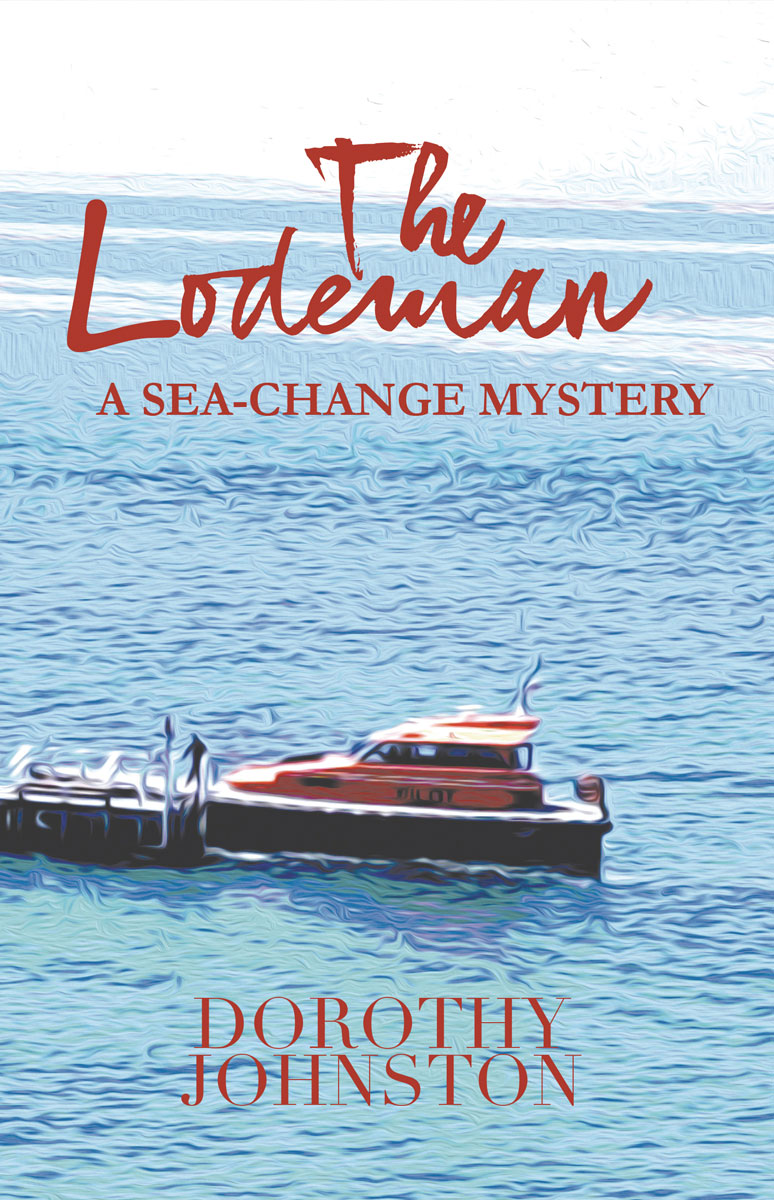
Thanks for this Dorothy. An interesting list. I’ve only read the Merrilees which I thought was very interesting, particularly in the light of white people writing indigenous characters. I’ve been wanting to read Modjeska since it came out, but haven’t managed to get to it. I’m also intrigued by the McFarlane. But, really, I’m interested in most of them. Congratulations to them all.